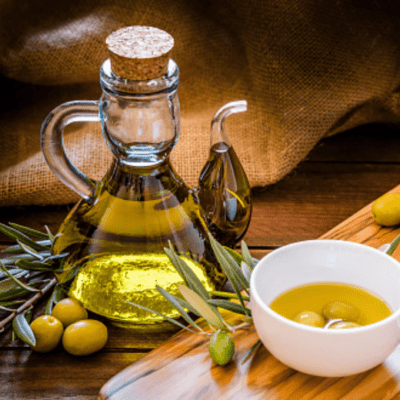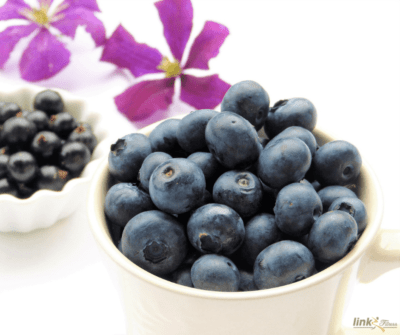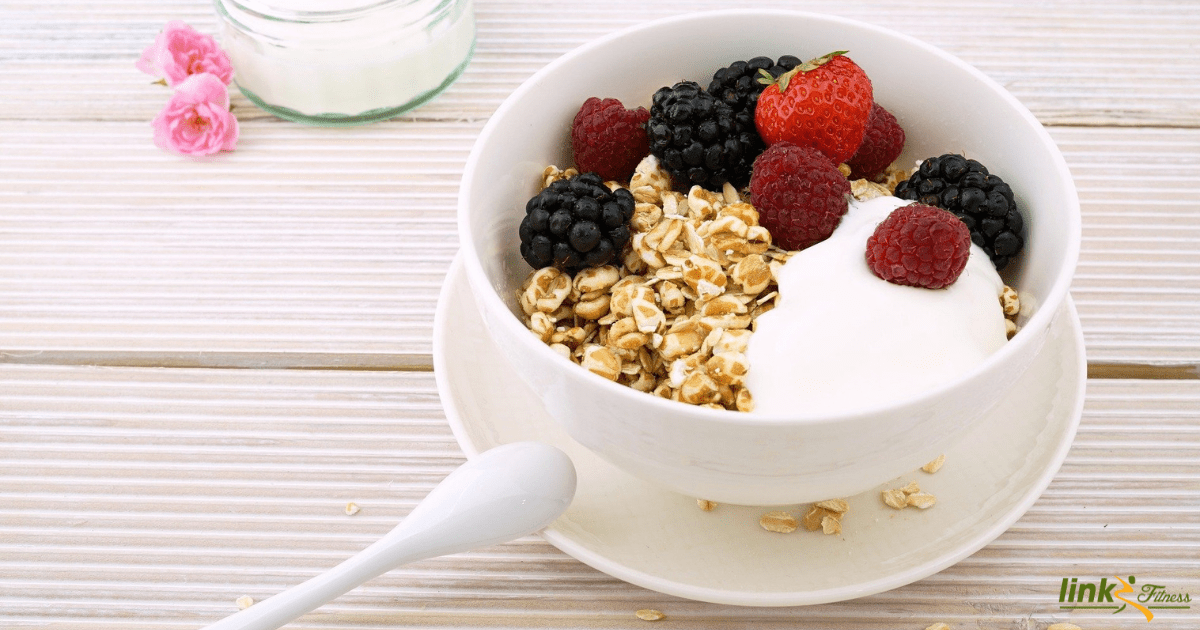Whether your goal is to lose or maintain your current weight, you only need to burn more calories than you eat. Easy right?
Nope! It’s not that easy. There are other important factors involved in staying healthy and maintaining a good weight range. To reach your desired weight, you must focus on improving your overall health to avoid running into problems later on.
Cleaning up your nutrition can help lower the risk of many health-related problems ranging from heart disease, diabetes to cancer.
But what is good nutrition?
Proper nutrition entails eating different types of foods while limiting the intake of other foods and beverages and being conscious of your portions sizes.
Good diets are nourishing and offer balanced nutrition. You can reduce bad cholesterol, lower your blood pressure, and keep your weight in check by sticking to the basics and eating nourishing food.
To perform at your best both physically and mentally, your body must have the correct combination of the following nutrients:
Carbohydrates
Carbohydrates are your body’s preferred source of fuel. The body breaks them down to form glucose either for immediate use or for storing in your muscles as glycogen.
Also, too much glucose is stored as fat around your internal organs or under your skin. There are two types of carbohydrates – simple and complex. Sugars that are easily broken down into glucose are simple carbohydrates.
Starches and fibres are complex carbohydrates. They take longer to break down and so are the best and should form the bulk of all your carbohydrates intake.
Proteins
Proteins are the building blocks for your body. They help your body to repair, build and maintain muscles and other tissues. They also perform a vital function in the creation of hormones. Like carbohydrates, any excess protein not metabolized is immediately is converted to fat and stored for later use.
You can get quality proteins from both animals and plants. Most people struggle to get enough proteins in their diet, so the chances of exceeding your protein intake are usually very slim.
Even though animal proteins are high in saturated fat, you should not shy away from eating these full-fat varieties. Studies show that eating less of these fats has resulted in health problems for most people.
Over the years, more people have shifted from eating full-fat animal products to low-fat food. However, this low-fat food is usually high in sugar and omega-6 rich vegetable oils that are toxic and inflammatory.
Fat
There’s this erroneous belief that fat is fattening, and so to shed fat, one must cut fat from their diet.
Fat is an important nutrient that your body can not do without, so severely limiting them from your overall nutrition is a big mistake.

Fats are either saturated or unsaturated. In the past few decades, there has been a campaign against saturated fat with claims that it causes heart disease. And the outcome has been that many people stopped eating butter, ghee and lard and started eating lots of vegetable fat.
Food manufacturers use polyunsaturated vegetable oils in their foods. These oils are unstable and are easily oxidized making them toxic. The results of this increase have been bad for most people. Cases of metabolic syndrome have sky-rocketed all over the world.
The solution to this big problem is to go back to eating the types of fats that people ate in the 60s and 70s. In those years, most people were lean and trim, and cases of heart disease were rare.
Use Olive oil, nut oils, butter and coconut oil which have proven to be high quality. They are clean, have fewer toxins and are close to their natural state as possible.
Vitamins.
Vitamins are essential nutrients and are necessary for healthy and balanced nutrition. Different vitamins perform different functions in the body. You can get your recommended daily allowance either from food or from supplements.
Vitamins are either fat-soluble or water-soluble. Fat-soluble vitamins include Vitamins A, D, E, & K whereas the water-soluble ones are vitamins C, B vitamins and Folic acid.
Here are some vital functions that are only possible having enough vitamins in our diets:
- Vitamins A, C, and E, also called antioxidants, can help prevent coronary artery disease by stopping the clogging of arteries.
- Vitamin B-1 promotes proper digestion and efficient nervous system function.
- Vitamin B-2 facilitates healthy cell growth, and Vitamin B-3 helps to detoxify your body.
- Folic acid assists with the production of red blood cells.
- Vitamin D helps with the absorption of calcium.
- Vitamin K helps with blood clotting.
Minerals and trace elements.
These are inorganic elements required by the body in small amounts and are crucial for many different functions in the body.
- Some of their functions include:
- The formation of strong and healthy bones.
- Ensures that hormones are functioning well.
- Promote normal nerve function.
Examples of these minerals include Calcium, Phosphorous, Magnesium, Sodium, Potassium, Zinc, Selenium etc.
The best sources are green from leafy vegetables, fruits, nuts and seeds. Adding these foods to your diet will ensure that you’re getting the immune-boosting benefits of these micro-nutrients.
To create a balanced and nutritious diet, you must follow several guidelines.
- Eat lots of vegetables and fruits every day. Choose a variety of fruits and vegetables and make sure to eat as
 many different colours as possible. This way, you will give your body the required micro-nutrients to stay healthy free from infections.
many different colours as possible. This way, you will give your body the required micro-nutrients to stay healthy free from infections. - Eat unprocessed grains and starches in moderation. Avoid refined carbohydrates as they are so easy to overeat.
- Milk should also be part of a healthy diet. If you’re not intolerant to lactose, it’s okay to enjoy your milk and other milk products such as butter and ghee.
- Eat meat, poultry, eggs and fatty fish to ensure a steady supply of proteins to your body. Animal proteins have the essential amino acids necessary for building and repairing your muscles and tissues.
- Eat healthy fats such as Olive Oil and avoid processed vegetable oils and trans fats.
- Cut down your alcohol intake or kick the habit altogether. Alcohol is a toxin that the body works so hard to eliminate once ingested. And for this reason, ongoing overconsumption of alcohol can lead to serious health problems later on.
This guide gives you a clear step-by-step road map to clean up your diet and start eating foods that will change your health for good.
Keep it simple. There’s no reason to complicate anything. Choose what works for you and get started on your health transformation today.






